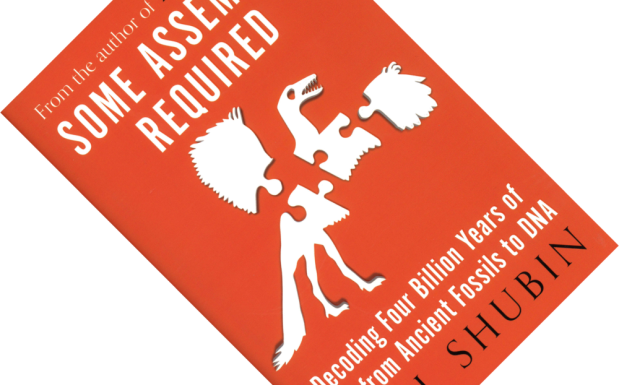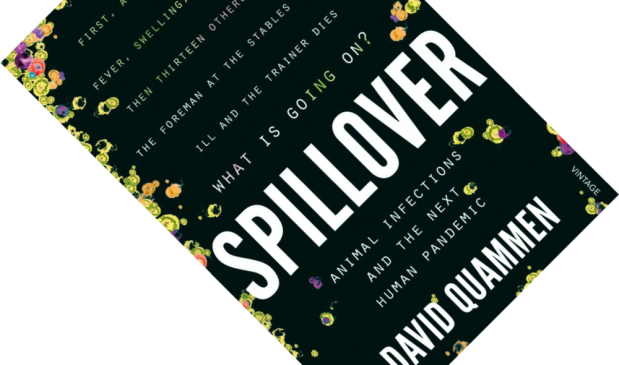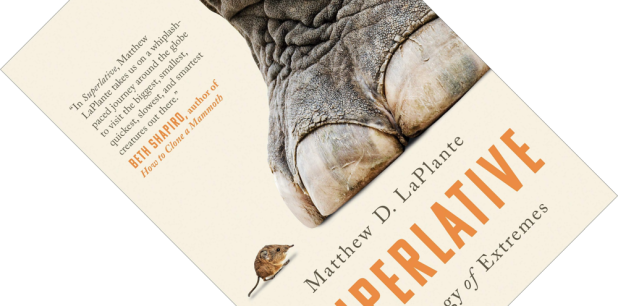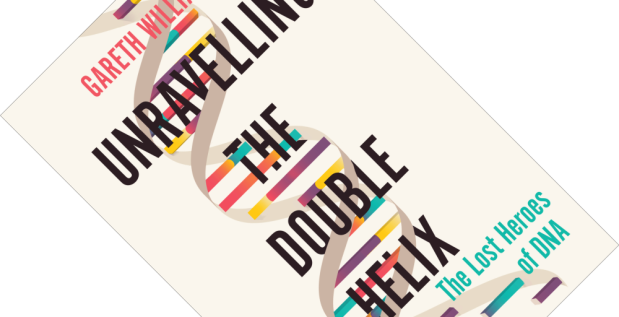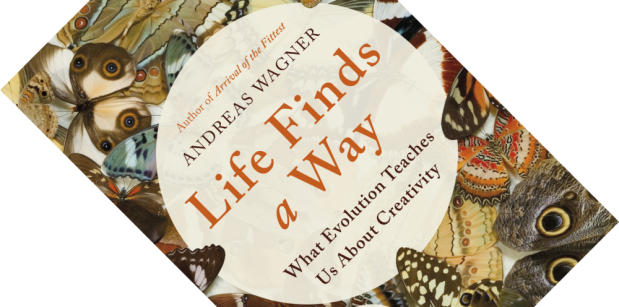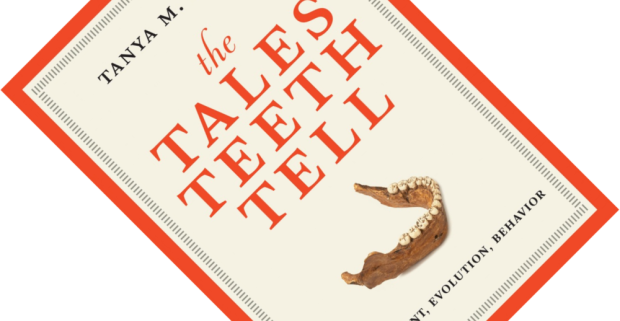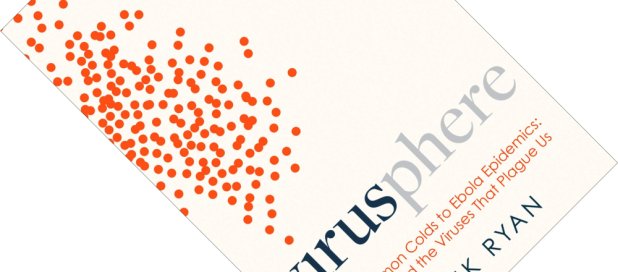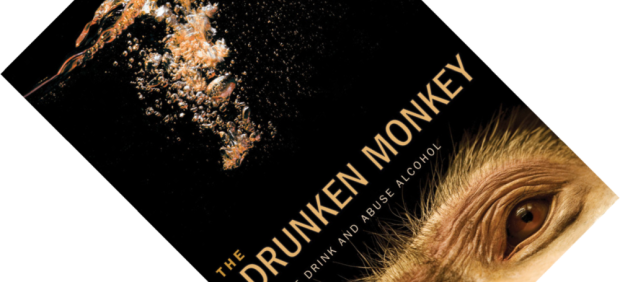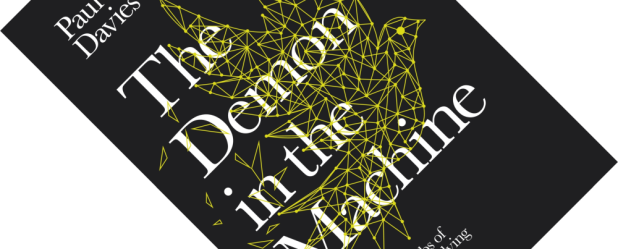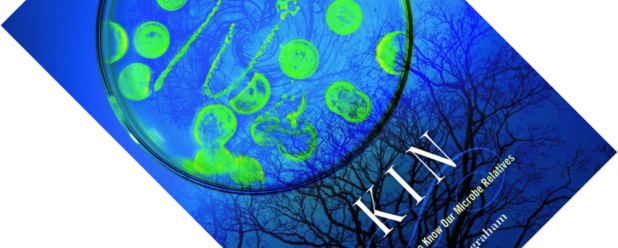7-minute read
The history of life is punctuated by major transitions and inventions: fish that moved onto land, reptiles that turned into birds. But how did these happen? In Some Assembly Required, Professor of Organismal Biology and Anatomy Neil Shubin provides an up-to-date and utterly engrossing account of the latest thinking on the great transformations in evolution. And he has one clue for you: nothing ever begins when you think it does…

